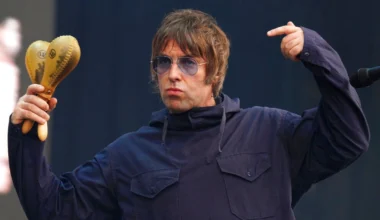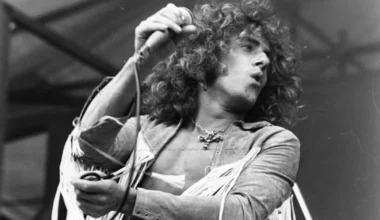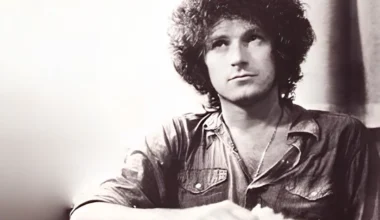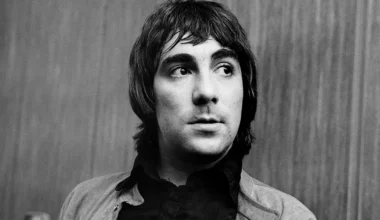The only progressive band that seemed to want to perform until they were no longer able to do so physically was Rush. In a genre where musicians frequently switch groups and have severe falling outs with their touring partners, the Canadian power trio managed to cultivate an unbreakable bond. Over the course of their decades in show business, for some reason, no one could ever break it. That didn’t mean they couldn’t get dirty, but they returned from a near-death experience on this particular show.
Rush, however, was one of the few bands where popularity didn’t even seem to matter during their time in the limelight. Even though it sounds nice to just have to perform the music you want to compose, it’s usually not that simple. Labels typically want you to consider what the current sounds are supposed to be.
That isn’t relevant to Rush. Some of the best moments in their catalogue occur when they try something different. They embraced synthesizers in the 1980s and went back to heavy guitars in the late 1990s. Their fans are more than happy to look at the various periods of their career.
After the Test for Echo tour, Neil Peart endured a devastating blow that would have killed anyone else. Neil Peart lost his wife to cancer, and a few months later, his daughter died in a horrific car accident.
The band was on hiatus, with Alex Lifeson stating in Beyond the Lighted Stage that “everything about the band ended at that moment.” They were lost and didn’t know what to do. It was simply not something you gave much thought to. It was unclear if they would ever perform live again while Peart embarked on a cross-country quest to discover who he was.
Even though it wouldn’t be simple, Peart finally agreed to work on another album, Vapour Trails. He put in the time necessary to once again become the drumming virtuoso. Making a record is one thing, but performing it live for an audience is quite another.
“I think that’s the first time we ever had a group hug”. Geddy Lee recalled, referring to the tense atmosphere at their Hartford, Connecticut, debut performance. We were aware that it was nearly impossible to get there. I assumed it was my responsibility to go over there and calm Neil down because he was acting very tense.
The audience felt as though they had traveled back in time to 1978. Though, there were a few cobwebs to dust. Songs like “The Spirit of Radio” sounded better than ever. Peart also acknowledged that, following such a severe setback, it felt almost miraculous that they had made it this far in their careers. Rush knew that music could get them through even the most difficult moments. However, most bands never fully bounce back from those losses.








